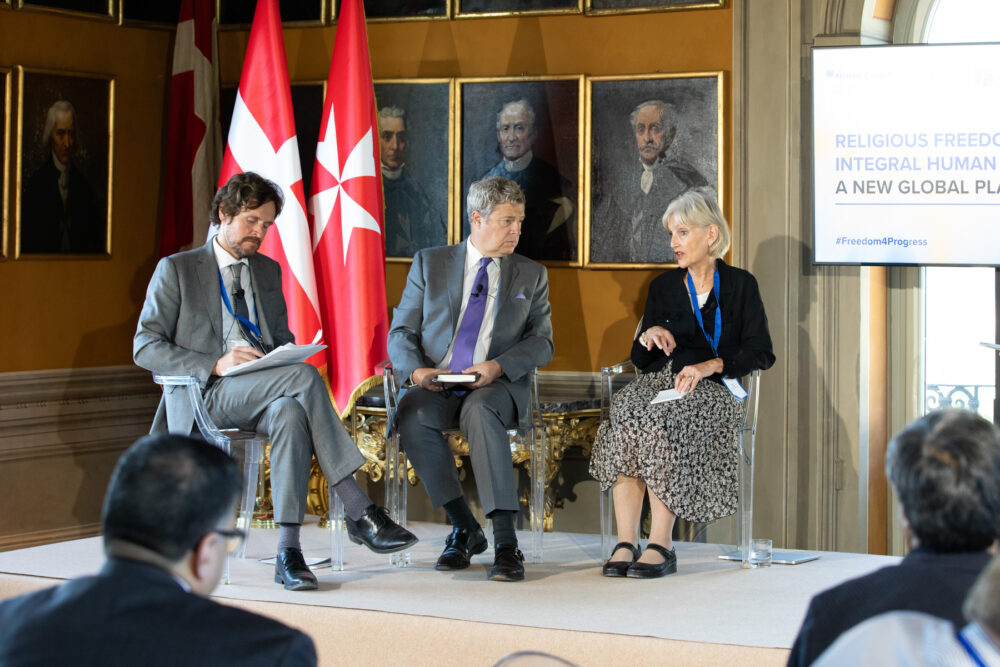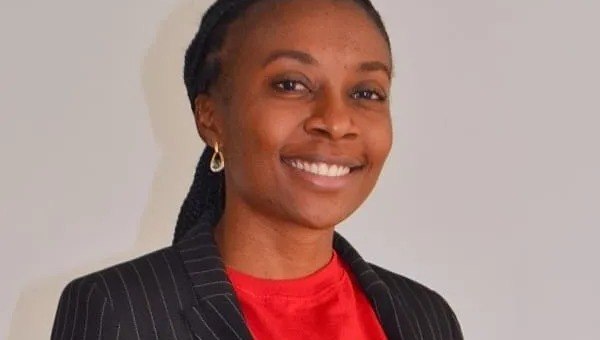Integral Human Development: A New Global Platform for Change?
On June 5th, the Atlantic Council, along with John Cabot University, Sussex University, the Knights of Malta, and the University of Notre Dame hosted a conference in Rome entitled “Religious Freedom and Integral Human Development: A New Global Platform.” The conference gathered experts from diverse fields to explore the relationship between religious freedom and development and how the concept of integral human development (IHD) might reshape global conversations on human rights and development. The conference highlighted that IHD is fundamentally grounded in the universal principle of human dignity, a value shared across many religious traditions. The conference emphasized the interconnectedness of religious freedom, development, and prosperity, underscoring that the well-being of marginalized communities hinges on safeguarding these freedoms.

Key speakers highlighted various critical points including the importance of viewing religious freedom through a human rights lens to better understand the marginalization of religious minorities. The speakers also explained that denying socio-economic services and democratic participation to these groups undermines true development. Scott Appleby of the University of Notre Dame stressed the need for an interdisciplinary approach to IHD, advocating for integrating local contexts to avoid “benevolent indignities”—well-intentioned but ultimately harmful policies that fail to consider the specific needs of local communities. Joseph Lemoine from the Atlantic Council pointed out the alarming decline in global freedoms over the past decades, including political, economic, and religious freedoms.
Brian Grim from the Religious Freedom & Business Foundation brought forth a different perspective to the conference illustrating how religious inclusion in the workplace can benefit businesses by enhancing the four Rs. These Rs include recruitment, retention, revenue, and resources. Sharon Rosen of Search for Common Ground emphasized the crucial role of religious actors in addressing global issues, advocating for a multi-sectoral approach that includes intra- and inter-religious dialogue. Peter Mandaville from the United States Agency for International Development (USAID) highlighted the agency’s strategic religious engagement policy, noting that religious freedom is a prerequisite for effective engagement. Other participants echoed these sentiments, emphasizing the interconnectedness of religious freedom and development. Development was a key topic throughout the panel discussions at the conference. Nazila Ghanea, the UN Special Rapporteur on Freedom of Religion or Belief, pointed out that the 2030 Agenda for Sustainable Development is at its halfway point, yet much remains to be done to “leave no one behind.” She highlighted the ongoing marginalization of religious minorities worldwide and the need for policies that consider human dignity at their core.
The conference underscored that for development to be truly integral, it must encompass all aspects of human dignity, including religious freedom. This holistic approach aims to create inclusive policies that address the root causes of poverty, war, and lack of access to education. By fostering multi-faith perspectives and engaging religious actors in development efforts, the IHD framework seeks to build a more just and prosperous world. The discussions pointed out that religious freedom is at its lowest in 30 years, affecting global progress towards peace and development.
Speakers also explored innovative solutions that are grounded in better multi-religious collaboration highlighted by Grim. These approaches aim to leverage religious diversity as a strength, promoting peace and sustainable development. The conference concluded with a call to action for integrating religious sensitivity into policy discussions, ensuring that the development agenda truly reflects the needs and rights of all individuals. All in all, the conference highlighted that the path to integral human development lies in recognizing and protecting the inherent dignity of every person. By addressing both immediate and long-term needs and involving a wide range of stakeholders, including religious leaders, secular authorities, and activists, we can open realistic pathways to solving complex global issues and ensure that no one is left behind.
Learn more about the conference and read about its concept note and participants.
(Betselot Dejene)





